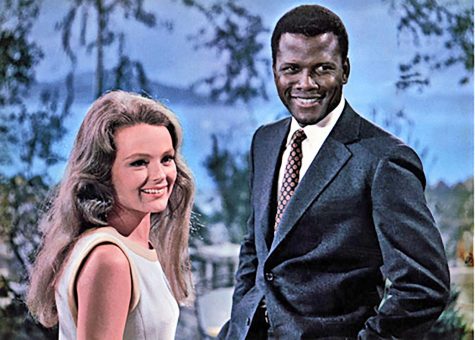Shutter Island hooks viewers
Dynamic duo Scorsese and DiCaprio have done it again with “Shutter Island.” In the vein of the director-actor team’s other films (“The Departed,” “The Aviator”), “Shutter Island” supplies viewers with superb performances and grand settings.
Teddy Daniels (DiCaprio) is a Federal Marshall sent with his partner Chuck (Mark Ruffalo) Ashecliffe Hospital on Shutter Island, an institution for the criminally insane where a patient has gone missing.
The patient disappeared from her cell in the middle of the night as if, as one of the doctors says, evaporated “straight through the walls.” As the film progresses, it becomes apparent to viewers that Daniels may be searching for something more personal than a missing patient at the institution.
Daniels plunges deeper into the mysteries surrounding the institution, continuously coming up with more questions than answers, while slowly becoming more unhinged. Daniels is visited in dreams by the spirit of his dead wife (Michelle Williams), who seems to know more about what is happening than he does.
The plot twists and turns, always leaving viewers a step behind as they try to figure it out. And, in the vein of true Scorsese, once they do figure it out, something changes and adds another twist. Many may find the ending sequences quite disturbing, but they won’t be able to deny the quality of the performances.
The setting and costumes are indicative of an impeccable period piece, breathing life into the era of the 1950s and effectively transporting viewers into a time long past. The cinematography and direction are remarkable, but viewers may have to close their eyes during the many scenes involving bright, flashing lights.
While this film will not be everyone’s cup of tea (Scorsese films rarely are), “Shutter Island” does a surprisingly good job of drawing viewers in and keeping them hooked with its many plot devices and twists before leaving them with a feeling of shock as the credits begin to roll.





